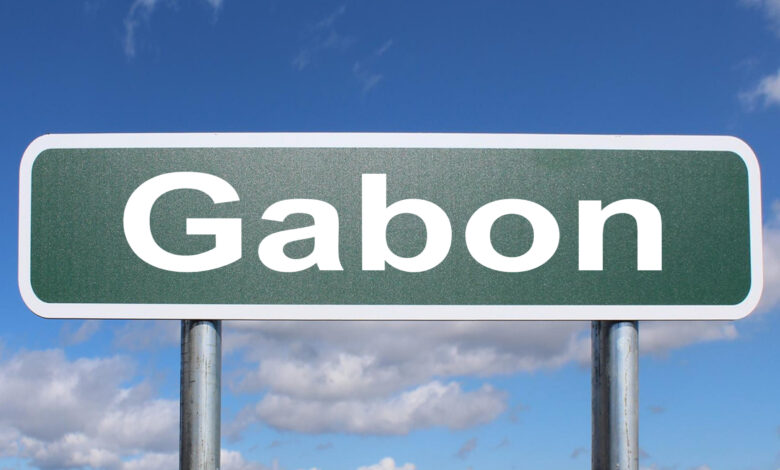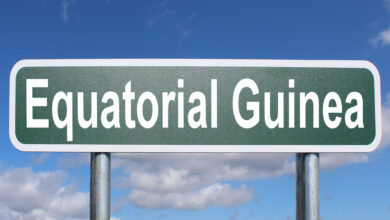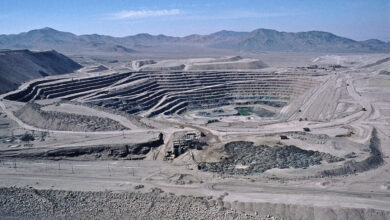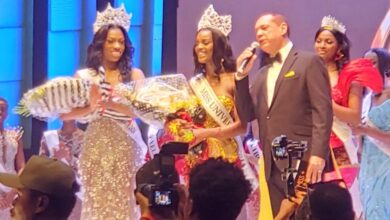Gabon Facts, History, Culture & Travel – Africa Facts Zone
A Rich Fabric of History, Culture, and Natural Beauty

Gabon, a country tucked away on the west coast of Central Africa, often flies under the radar in global discussions. Yet, this small nation is a hidden gem, rich in history, culture, and natural resources.
Known for its diverse ecosystems, abundant wildlife, and stable political climate, Gabon offers a fascinating case study in how a country can leverage its natural wealth while striving to preserve its environment.
In this article, we’ll explore Gabon’s history, geography, independence, and more, highlighting the many facets that make this nation unique.
A Glimpse into Gabon’s History
Pre-Colonial and Colonial Era
Before the arrival of Europeans, Gabon was home to various Bantu-speaking tribes, each with its own culture and traditions. The Pygmies are believed to be the earliest inhabitants of Gabon, later joined by Bantu tribes who migrated from the north.
The first European to set foot on Gabonese soil was the Portuguese explorer Diogo Cam in the late 15th century. However, it wasn’t until the 19th century that Gabon became a French colony.
The French established their dominance through a series of treaties and by the end of the 19th century, Gabon was fully integrated into French Equatorial Africa.
Also Read: Djibouti Facts, History, Culture & Travel – Africa Facts Zone
The Road to Independence
Gabon’s path to independence was relatively peaceful compared to other African nations. As the winds of change blew across Africa in the mid-20th century, Gabon began to push for greater autonomy.
In 1958, Gabon became an autonomous republic within the French Community, and on August 17, 1960, it achieved full independence. Léon M’ba, a prominent Gabonese politician, became the country’s first president.
Post-Independence Developments
After independence, Gabon experienced political stability under Léon M’ba, who ruled until his death in 1967. His successor, Omar Bongo Ondimba, ruled for over four decades, making him one of Africa’s longest-serving leaders.
Under Bongo’s leadership, Gabon developed its oil industry, which became the cornerstone of its economy.
Geography and Biodiversity: Gabon’s Natural Wealth
Location and Size
Gabon is bordered by Equatorial Guinea to the northwest, Cameroon to the north, the Republic of the Congo to the east and south, and the Atlantic Ocean to the west.
Gabon covers an area of approximately 267,668 square kilometres (103,347 square miles), roughly the size of the United Kingdom.
Despite its modest size, Gabon is home to diverse landscapes, including dense rainforests, savannas, and pristine coastlines.
National Parks and Wildlife
Gabon is a nature lover’s paradise, with nearly 85% of its land covered in forest. The country is committed to conservation, with 13 national parks protecting its unique biodiversity.
Loango National Park, often referred to as “Africa’s Last Eden,” is famous for its surfing hippos and elephants that roam the beaches.
Other notable parks include Ivindo National Park, home to the stunning Kongou Falls, and Lopé National Park, which is recognized for its ancient rock carvings and diverse wildlife.
Gabon’s rainforests are teeming with wildlife, including forest elephants, gorillas, chimpanzees, and a myriad of bird species.
The country’s dedication to preserving its natural heritage has earned it recognition as a global conservation leader.
Economy: Oil, Timber, and Sustainability
Oil Industry
Gabon’s economy is heavily reliant on oil, which accounts for approximately 80% of its exports and 45% of its GDP.
The discovery of oil in the 1970s transformed Gabon from a sleepy backwater into one of Africa’s wealthier nations. The country’s oil wealth has enabled it to develop infrastructure and improve the standard of living for its citizens.
However, the reliance on oil has also made Gabon vulnerable to fluctuations in global oil prices. In recent years, the government has recognized the need to diversify the economy to ensure long-term sustainability.
Forestry and Ecotourism
In addition to oil, Gabon’s economy also benefits from its vast forests, which are rich in timber. The country is a major exporter of hardwoods such as okoumé and mahogany.
However, Gabon has taken steps to ensure that logging is done sustainably, with a focus on preserving its forests for future generations.
Also Read: Unveiling the Wonders of Egypt Facts, History, Culture & Travel – Africa Facts Zone
Ecotourism is another area where Gabon has great potential. With its unique wildlife and stunning landscapes, Gabon is an attractive destination for eco-conscious travelers. The government is working to promote ecotourism as a way to boost the economy while preserving the environment.
Culture and Society
A Melting Pot of Ethnicities
Gabon is home to over 40 ethnic groups, each with its own language and traditions. The largest ethnic group is the Fang, followed by the Punu, Nzebi, and Myene. Despite this diversity, Gabonese society is relatively harmonious, with different groups coexisting peacefully.
Language and Religion
French is Gabon’s official language, a legacy of its colonial past. However, many Gabonese also speak Indigenous languages such as Fang and Myene.
Christianity is the dominant religion, and the majority of Gabonese identify as Roman Catholics. Traditional beliefs and practices also play an important role in Gabonese culture.
Music and Dance
Gabonese music is an integral part of the country’s cultural identity. Traditional music often features rhythmic drumming and chanting, with dance playing a central role in ceremonies and celebrations.
Modern Gabonese music is a fusion of traditional rhythms with contemporary genres such as hip-hop and reggae.
Challenges and Opportunities
Political Stability
Gabon has been relatively stable since independence, with peaceful transitions of power. However, the country faces challenges such as political corruption and the need for greater transparency in governance.
The government has implemented reforms aimed at improving governance and reducing corruption, but more work is needed to ensure the success of these efforts.
Economic Diversification
As mentioned earlier, Gabon’s economy is heavily dependent on oil. The government recognizes the need to diversify the economy to reduce its reliance on oil and ensure long-term sustainability.
Efforts are underway to develop other sectors such as agriculture, mining, and tourism.
Environmental Conservation
Gabon is a leader in environmental conservation and is committed to preserving its natural heritage. However, balancing economic development with environmental conservation remains a challenge.
The government is working to promote sustainable development practices that protect the environment while supporting economic growth.
Conclusion
Gabon is a country of contrasts, where modernity meets tradition, and development coexists with environmental conservation. Its rich history, diverse culture, and stunning natural beauty make it a unique and fascinating nation.
While Gabon faces challenges, it also has immense potential for growth and development. As the country continues to navigate the complexities of the modern world, it remains committed to preserving its unique identity and natural heritage.
Frequently Asked Questions (FAQs)
1. What is the official language of Gabon?
French is the official language of Gabon, a legacy of its colonial past. However, many Gabonese also speak indigenous languages such as Fang and Myene.
2. When did Gabon gain independence?
Gabon gained independence from France on August 17, 1960.
3. What are Gabon’s main natural resources?
Gabon’s main natural resources include oil, timber, and minerals such as manganese and uranium.
4. What is the significance of Gabon’s national parks?
Gabon’s national parks are crucial for the conservation of its unique biodiversity, including endangered species such as forest elephants and gorillas. The parks also play a key role in promoting ecotourism.
5. How has oil shaped Gabon’s economy?
The discovery of oil in the 1970s transformed Gabon into one of Africa’s wealthier nations. Oil is now the cornerstone of Gabon’s economy, accounting for a significant portion of its exports and GDP.
6. What are the main ethnic groups in Gabon?
Gabon is home to over 40 ethnic groups, with the largest being the Fang, followed by the Punu, Nzebi, and Myene.
7. How is Gabon addressing environmental conservation?
Gabon is a leader in environmental conservation, with a focus on protecting its forests and wildlife. The government has established 13 national parks and is promoting sustainable development practices.





